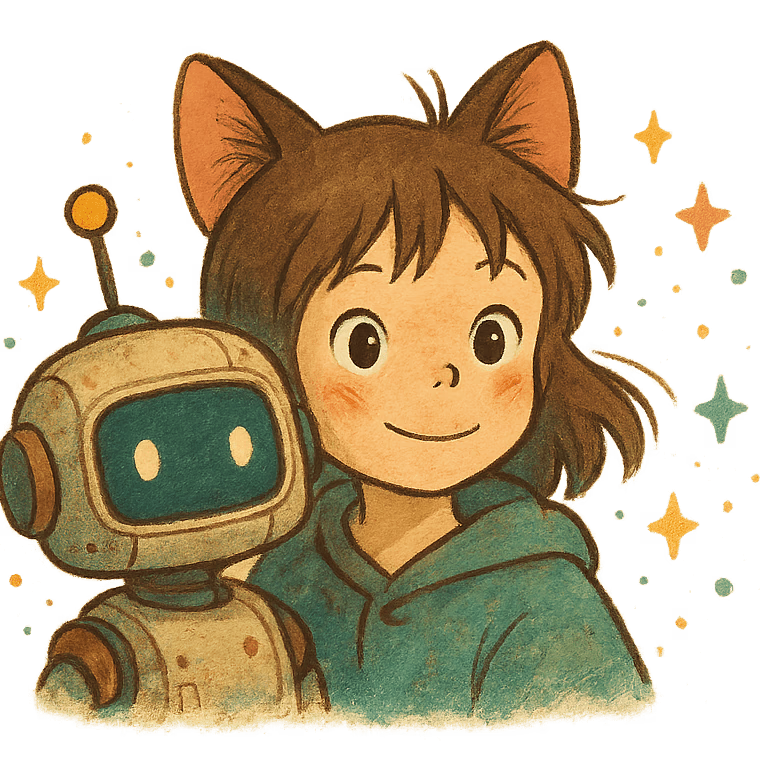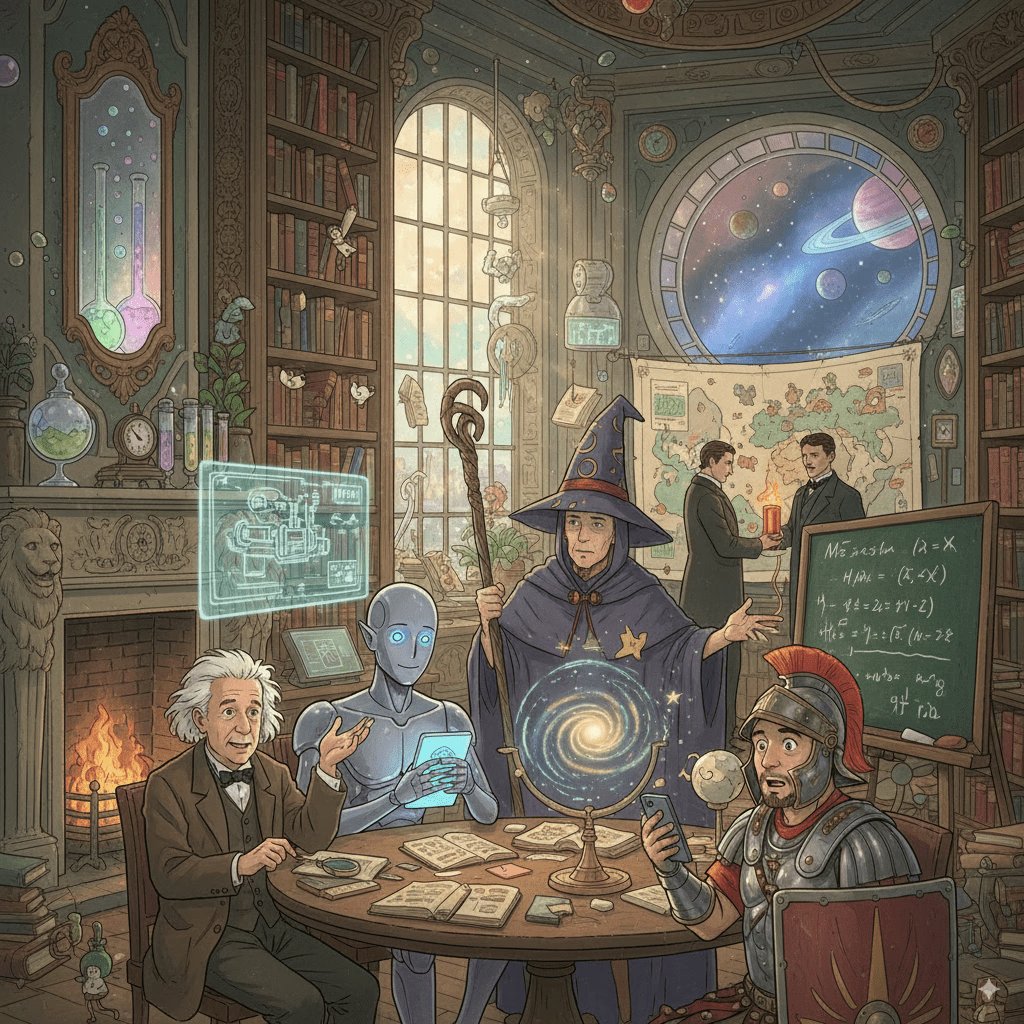Group Chat Orchestration - When Worlds Collide

Reverie Team
8/5/2025

The Problem We Noticed
Traditional AI chat platforms lock you into one-on-one conversations. But humans don't think in isolation - we imagine complex scenarios with multiple characters, different worlds, even impossible meetings across time and space.
Users were creating elaborate workarounds: switching between individual chats, copying context between conversations, or asking one AI to "roleplay as multiple characters." The magic was broken by the mechanics.
One user described their frustration: "I wanted to see how a Roman gladiator would react to modern technology, with Einstein explaining the science. But I had to manage three separate conversations and the context got lost."
Our Design Philosophy
Most platforms treat group chats as "multiple users in one room." We treat them as narrative orchestration - where different realities can coexist and interact naturally.
Cross-dimensional meetings - A Victorian detective can meet a space marine without breaking immersion. Each character maintains their authentic voice while adapting to the shared scenario.
Intelligent speaker selection - Our AI doesn't just randomly cycle through characters. It understands conversation flow, character motivations, and natural dialogue rhythms to decide who should speak next.
Seamless world-building - Characters from different universes don't clash; they create new, hybrid realities where both can exist authentically.
The breakthrough insight: Great group conversations aren't about managing multiple AIs; they're about conducting a narrative symphony.
What Users Actually Said
Eight months after launch, we discovered something extraordinary:
- 45% of power users now prefer group chats to individual conversations
- Average session length in group chats is 3x longer than solo chats
- Users report feeling like "directors of their own crossover episodes"
- Most surprising: characters develop unique dynamics that users never expected
Sarah, a creative writing student, shared:
"I put my anxious artist character with a confident warrior from another story. Watching them influence each other was like seeing my characters come alive in ways I never imagined. The warrior became more thoughtful, the artist became braver."
Marcus, a history enthusiast, told us:
"I had Napoleon Bonaparte debate military strategy with Sun Tzu while Nikola Tesla commented on their logistics. Each stayed true to their era and personality, but together they created insights none could have alone."
The Ripple Effect
Group chat orchestration taught us that AI isn't just about individual intelligence; it's about collective creativity.
This revelation transformed our approach to:
- Character memory - each character remembers not just individual interactions, but group dynamics
- Personality coherence - characters maintain their core traits while developing new facets through interaction
- Narrative complexity - multiple perspectives create richer, more nuanced storytelling
We realized users weren't just chatting; they were creating original content by mixing and matching narrative elements in ways no single story could achieve.
What's Next
We're exploring "persistent group dynamics" - where characters remember not just what happened, but how they've grown through group interactions. Imagine a medieval knight who becomes more diplomatic after multiple conversations with a modern therapist.
We're also working on "contextual fusion" - where the physical and cultural environments blend as seamlessly as the characters. A space station might suddenly have a Victorian library wing, or a medieval castle might feature a modern laboratory.
The vision: conversations that feel like collaborative world-building, where every participant - human and AI alike - contributes to an ever-evolving shared reality.
What's the most unexpected character combination you've tried? Share your crossover stories on our Discord community.
Ready to Experience Dynamic AI Conversations?
Join thousands of users already exploring infinite personality and engaging interactions on Reverie.